A model of sustainable packaging: Novelis & Ardagh
Bar ohne Namen
Entschlossen verweigert sich Savage, der Bar einen Namen zu geben. Stattdessen sind drei klassische Design-Symbole das Logo der Trinkstätte in Dalston: ein gelbes Quadrat, ein rotes Viereck, ein blauer Kreis. Am meisten wurmt den sympathischen Franzosen dabei, dass es kein Gelbes-Dreieck-Emoji gibt. Das erschwert auf komische Weise die Kommunikation. Der Instagram Account lautet: a_bar_with_shapes-for_a_name und anderenorts tauchen die Begriffe ‘Savage Bar’ oder eben ‚Bauhaus Bar‘ auf.
Für den BCB bringt Savage nun sein Barkonzept mit und mixt für uns mit Unterstützung von Russian Standard Vodka an der perfekten Bar dazu.
Novelis has signed a new contract with Ardagh Metal Packaging under which the sustainable aluminium solutions provider will continue to supply aluminium sheet for beverage packaging to Ardagh's metal production facilities in North America.
"Finalizing another meaningful customer agreement in North America is a testament to the strength of the beverage packaging market in the region, which is being driven by consumer desire for more sustainable choices," said Steve Fisher, president and CEO of Novelis. "Given its ability to be easily recycled back into the same product, the aluminum beverage can is a model of sustainable packaging."
"As a leading global supplier of sustainable and infinitely recyclable aluminum beverage cans, we're proud of our partnership with Novelis, which shares our focus on sustainability and innovation," said Oliver Graham, CEO, Ardagh Metal Packaging.
Novelis is currently under construction of a new rolling and recycling plant in Bay Minette, Ala. The plant will be the first fully integrated aluminium plant to be built in the U.S. in nearly 40 years and is expected to create an initial capacity of 600,000 tonnes of finished product for the North American beverage packaging and automotive markets.
Increased demand for aluminium beverage cans
Novelis also expects global demand for aluminium beverage packaging sheet to increase at a compound annual growth rate of 4% between 2023 and 2031. Demand will be driven primarily by consumer preference for more sustainable products and size variety, as well as the increasing number of beverage types packaged in cans, including water, energy drinks, soft drinks, beer, wine, seltzer and ready-to-drink cocktails.
